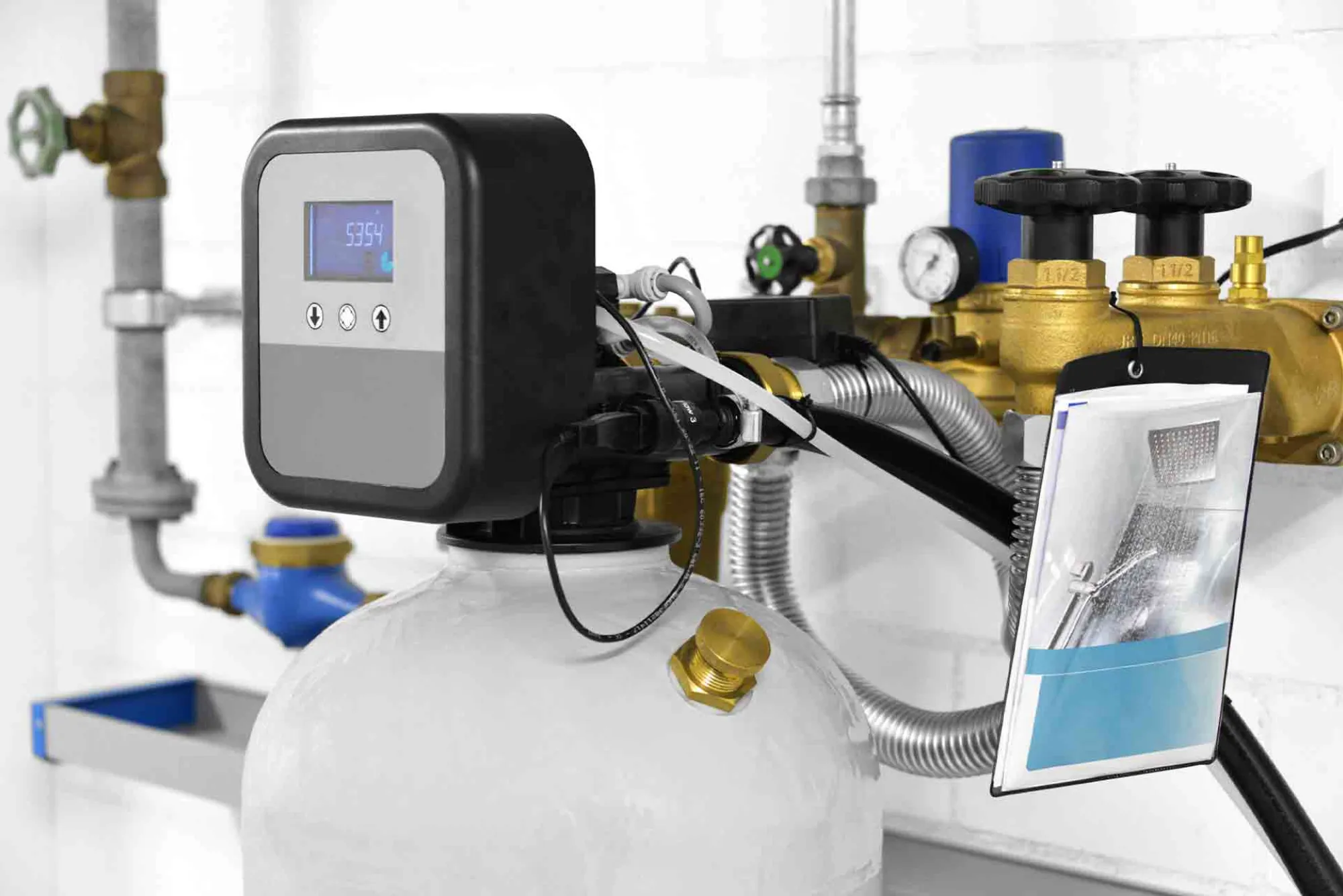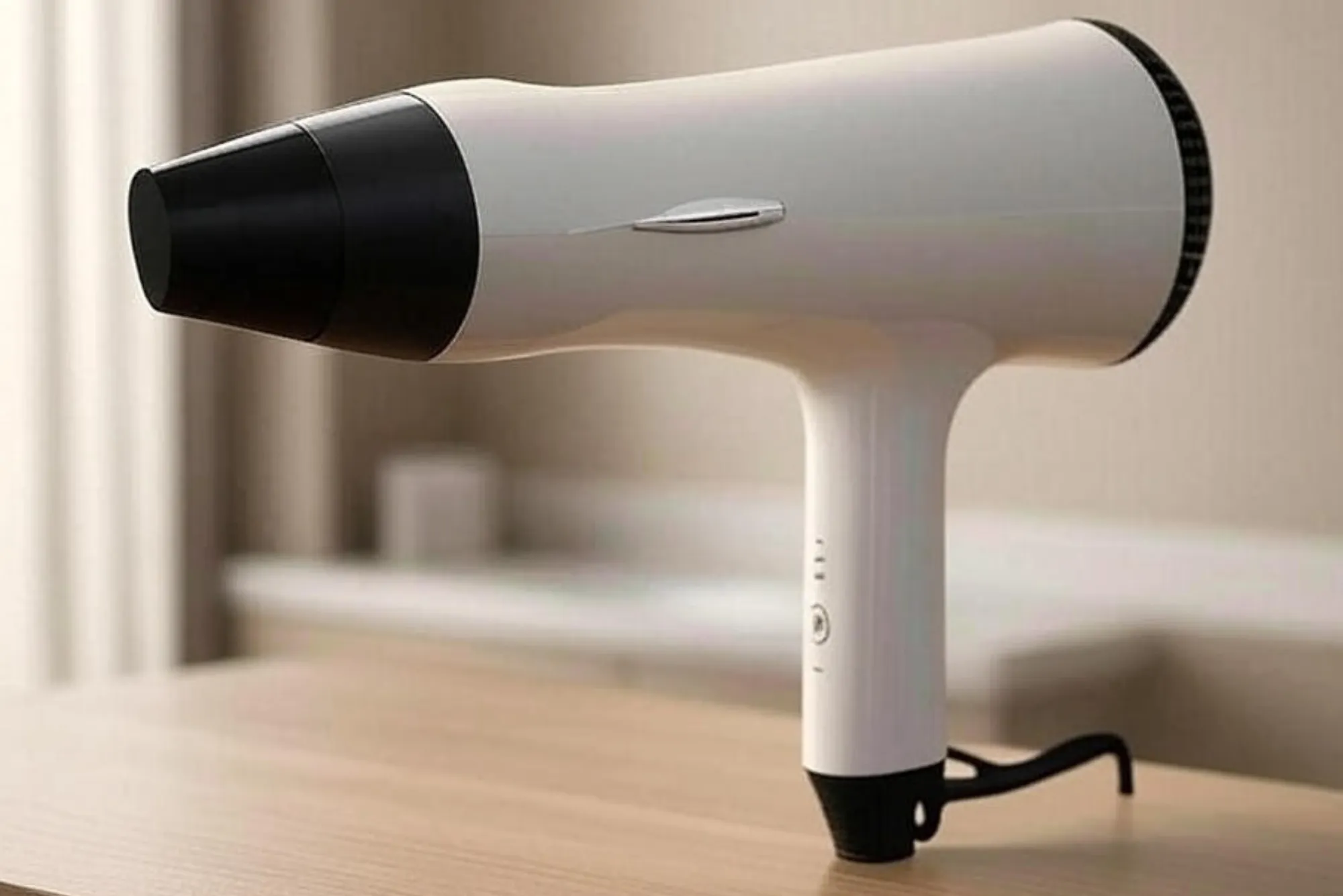Hard water can cause numerous problems in your home, from scaling on pipes and fixtures to damaging appliances. A water softener solves these issues by reducing mineral content, especially calcium and magnesium, in your water supply. In 2024, advances in water softener technology offer homeowners even more efficient, eco-friendly, and user-friendly options. If you’re planning to get a new water softener this year, this guide will walk you through everything you need to know—from understanding the different types of water softeners to choosing the best one for your home.
What is Hard Water?
Before diving into water softeners, it’s crucial to understand the problem they solve—hard water. Hard water contains high levels of dissolved minerals like calcium and magnesium. These minerals can leave behind residue, known as scale, in your plumbing, fixtures, and appliances. Over time, this buildup leads to inefficiency, higher energy bills, and the need for more frequent repairs or replacements.
Common Signs of Hard Water
Soap and shampoo don’t lather well.
Dry or irritated skin after showers.
White, chalky residue on faucets and fixtures.
Dishes and glassware come out of the dishwasher spotty or cloudy.
Scale buildup in pipes, reducing water flow.
How Do Water Softeners Work?

Water softeners use a process called ion exchange to remove the calcium and magnesium ions from water. In most systems, water passes through a tank filled with resin beads that are charged with sodium or potassium ions. As hard water flows through the tank, the resin beads attract the calcium and magnesium ions and exchange them for sodium or potassium, softening the water before it enters your home.
Types of Water Softeners in 2024
Water softeners have evolved significantly, offering homeowners a range of systems to suit different needs. Here are the most common types available in 2024:
Salt-Based Ion Exchange Softeners
These are the most traditional and widely used systems. They rely on a salt solution to recharge the resin beads after the ion exchange process. The system regenerates by flushing the accumulated minerals, which means regular maintenance and refilling of salt.
Pros:
- Highly effective at softening water.
- Proven technology with long lifespan.
Cons:
- Requires regular salt refills.
- Produces wastewater during regeneration.
Salt-Free Water Conditioners
These systems don’t remove minerals but instead alter their chemical structure to prevent them from sticking to surfaces. Although they don’t technically “soften” the water, they reduce scaling.
Pros:
- No need for salt or regeneration.
- Lower maintenance.
Cons:
- Less effective for extremely hard water.
- Does not eliminate calcium or magnesium.
Dual-Tank Softeners
Dual-tank water softener are designed to provide a continuous flow of soft water by using two tanks that work in tandem. While one tank regenerates, the other is in use.
Pros:
- Continuous supply of soft water, even during regeneration.
- Ideal for large families or homes with high water consumption.
Cons:
- More expensive than single-tank systems.
- Larger footprint requires more space.
Magnetic or Electronic Descalers
Magnetic or electronic water descalers use electromagnetic waves to alter the mineral particles in hard water, preventing them from sticking to surfaces.
Pros:
- Easy to install and maintain.
- Eco-friendly with no chemicals.
Cons:
- Mixed reviews on effectiveness for very hard water.
- Not a true water softening solution.
Portable Water Softeners
Portable water softeners are compact and designed for those who need soft water on the go, such as for RVs, boats, or small apartments.
Pros:
- Lightweight and easy to transport.
- Simple to install.
Cons:
- Lower capacity compared to traditional systems.
- Needs frequent regeneration due to size.
Key Considerations When Choosing a Water Softener in 2024
Choosing the right water softener for your home requires careful consideration of several factors, including the hardness of your water, household size, and budget. Here’s what to keep in mind:
Water Hardness Level
Start by testing your water to determine its hardness level. Water hardness is measured in grains per gallon (GPG) or parts per million (PPM). The harder your water, the more powerful your water softener needs to be.
Household Water Usage
The number of people in your household and daily water usage play a significant role in choosing the right softener. Larger families or households with high water consumption may benefit from dual-tank systems or high-capacity single-tank softeners.
Regeneration Process
If you choose a salt-based system, pay attention to how often the system regenerates. Systems with on-demand regeneration are more efficient, as they only regenerate when necessary based on water usage, rather than on a preset schedule.
Salt Usage
Consider the ongoing cost of salt if you choose a salt-based system. Some modern systems are designed to use less salt, reducing maintenance and long-term costs.
Eco-Friendly Features
In 2024, many homeowners are seeking environmentally friendly options. Look for systems that use less water during regeneration or opt for salt-free or electronic models that minimize chemical use.
Installation and Maintenance Tips
Once you’ve selected the right water softener, proper installation and maintenance are key to ensuring it runs efficiently and lasts for years to come.
Professional Installation
While some water softeners are designed for DIY installation, it’s often best to hire a professional plumber to ensure proper setup. Incorrect installation can lead to inefficiencies or even damage to your system and plumbing.
Regular Maintenance
Salt-based systems need periodic salt refills, usually every few months. You should also clean the brine tank and check the resin beads periodically to ensure they are functioning correctly. Salt-free systems, while low-maintenance, should be inspected annually.
Water Softener Lifespan
Most water softeners last between 10 and 15 years. Regular maintenance, proper installation, and water quality can extend the life of your system.
Benefits of a Water Softener
Investing in a water softener offers numerous benefits for your home and health:
Longer Lifespan for Appliances Soft water prevents scale buildup, which can extend the life of dishwashers, washing machines, and water heaters.
Cleaner, Softer Clothes Clothes washed in soft water look brighter, feel softer, and last longer.
Healthier Skin and Hair Soft water reduces soap residue on skin and hair, leaving them feeling smoother.
Lower Energy Bills Appliances using soft water work more efficiently, reducing energy consumption.
Less Cleaning Soft water reduces spots on dishes and fixtures, requiring less cleaning and scrubbing.
In 2024, choosing the right water softener is easier than ever, thanks to advancements in technology and a range of eco-friendly options. Whether you’re looking for a traditional salt-based system, a low-maintenance salt-free conditioner, or a portable unit, there’s a perfect solution for every home. Remember to assess your water hardness, household needs, and long-term costs to make an informed decision. By doing so, you can enjoy all the benefits of soft water and protect your home from the damaging effects of hard water.












